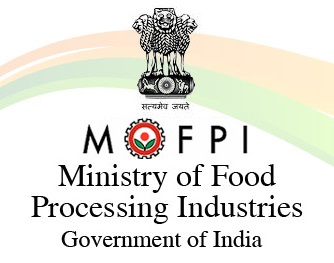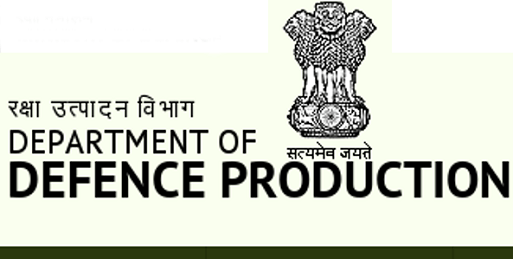Union Minister Dr Jitendra Singh announced that India is set to initiate the second phase of the Chandrayaan-3 mission, marking a historic milestone. The communication circuit was activated after a 14-day gap on the Moon.
During an eight-hour debate in the Lok Sabha on the success of Chandrayaan-3 and India’s achievements in space, Dr Singh explained that ISRO is working to reestablish communication with Chandrayaan-3’s solar-powered lander Vikram and rover Pragyan to continue scientific experiments.
Dr Singh emphasized that India will become the first country in the world to initiate the second phase of a Lunar Mission following the activation of the communication circuit.
The lunar night on the Moon, lasting 14 days, is characterized by extreme temperature variations from -150 degrees at night to 100 degrees during the daytime. The success of the mission relies on the solar batteries and panels to kickstart the unprecedented second phase of the Moon Mission.
Dr Singh also addressed concerns raised by opposition members regarding ISRO’s budget, highlighting a 142 percent budget increase from Rs 5,168 crore in 2013-14 to Rs 12,543 crore in the current fiscal year. Additionally, he noted the growth of the space sector under Prime Minister Modi’s leadership, with the number of space startups increasing from four in 2014 to 150.

India’s Space economy, currently at $8 billion, is projected to reach $40 billion by 2040, with potential for $100 billion according to the ADL Report. Dr Jitendra Singh highlighted India’s cost-effective approach in space missions, exemplified by the Chandrayaan-3 mission’s Rs 600 crore cost compared to the Rs 16,000 crore cost of a failed Russian moon mission.
He also urged unity among Members of Parliament and emphasized that the success of Chandrayaan-3 is a result of the collective efforts of scientists from various backgrounds and states, including non-IIT engineers from Tier-2 and Tier-3 cities. He paid tribute to India’s rich composite culture in the space sector, where leaders like Vikram Sarabhai, Satish Dhawan, and A.P.J. Abdul Kalam hailed from diverse backgrounds and regions.
Dr Jitendra Singh applauded the significant contribution of women scientists to Chandrayaan-3’s success and called for collective efforts to make India a pre-eminent power in the space sector and achieve Prime Minister Modi’s vision of making India a developed nation by 2047, the 100th anniversary of India’s independence.





